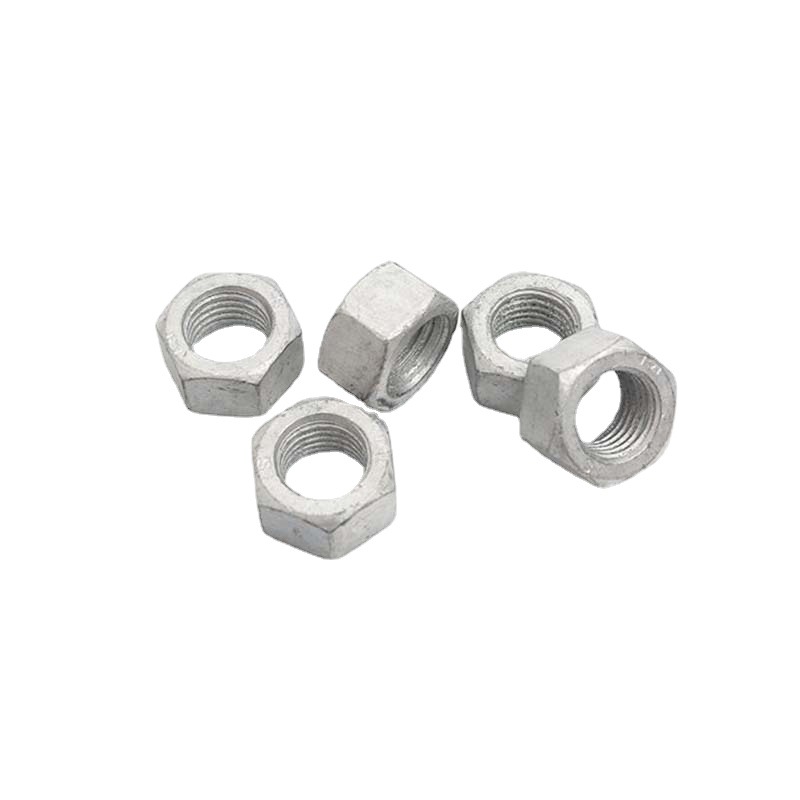

self tapping screws into concrete
Dec . 16, 2024 19:45 Back to list
self tapping screws into concrete
Self-Tapping Screws into Concrete A Comprehensive Guide
When it comes to construction and DIY projects, the ability to fasten materials securely is crucial. Among the many tools at your disposal, self-tapping screws offer a versatile and efficient solution, especially when working with concrete. This article delves into the ins and outs of using self-tapping screws in concrete, exploring their benefits, types, and the techniques for successful installation.
Understanding Self-Tapping Screws
Self-tapping screws are specialized fasteners designed to cut their own thread when driven into a material. Unlike traditional screws, which require a pre-drilled hole, self-tapping screws can be directly installed into various substrates, including metal, wood, and even concrete, given the right conditions and tools.
Advantages of Using Self-Tapping Screws in Concrete
1. Time Efficiency The primary advantage of self-tapping screws is their speed of installation. There is no need to pre-drill holes, which saves time and labor, making them ideal for projects on tight schedules.
2. Reduced Material Damage Because these screws can be driven straight into concrete, there is a lower risk of cracking or damaging the substrate compared to other fastening methods that require drilling.
3. Improved Holding Power Self-tapping screws are engineered to provide strong holding power. When properly installed, they create secure connections that can withstand considerable loads, making them suitable for both structural and non-structural applications.
4. Versatility These screws come in various sizes and materials, allowing users to choose the best option for their specific project requirements. They can be used for attaching fixtures, securing brackets, or anchoring devices to concrete surfaces.
Types of Self-Tapping Screws for Concrete
While many self-tapping screws are designed for use in wood or metal, those intended specifically for concrete have certain characteristics that enhance their performance
self tapping screws into concrete

2. Masonry Screws Similar to concrete screws, masonry screws can be used in brick, tile, or concrete and feature exceptional strength suited for heavy-duty applications.
3. Self-Drilling Screws These screws come with a drill point at the tip, allowing them to pierce through the material as they are driven in, making them efficient for quick installations.
Installation Techniques
To install self-tapping screws into concrete effectively, follow these guidelines
1. Choose the Right Drill Use a high-quality power drill with an appropriate bit. For concrete screws, a masonry bit is recommended to ensure a good fit.
2. Mark the Location Clearly mark where you want to install the screws. It helps to use a level or measuring tape to ensure accurate placement, especially for larger projects.
3. Drilling For most self-tapping screws, you may need to drill a pilot hole first, even though it’s not always necessary. If the screw requires a pilot hole, choose a bit that matches the diameter specified by the screw manufacturer.
4. Driving the Screw Insert the screw into the hole, ensuring it is straight. Use the drill on a low speed to begin, then increase the speed as the screw penetrates the concrete. Be careful not to over-tighten, as this can reduce holding power and may damage the screw.
5. Finishing Touches Once the screw is properly seated, check for tightness and ensure it is flush against the surface. If applicable, cover any exposed heads with caps or paint to match the surrounding area.
Conclusion
Self-tapping screws are a valuable tool in the construction and DIY toolkit, especially for projects involving concrete. Their ease of use, time efficiency, and strong holding power make them a favorite among professionals and hobbyists alike. By following the proper techniques for installation, you can achieve secure and durable connections in all your concrete fastening applications. Whether you're installing shelves, mounting fixtures, or constructing outdoor furniture, mastering the use of self-tapping screws can significantly enhance the quality and longevity of your projects.
Latest news
-
High-Strength Hot Dip Galvanized Bolts - Hebei Longze | Corrosion Resistance, Customization
NewsJul.30,2025
-
Hot Dip Galvanized Bolts-Hebei Longze|Corrosion Resistance&High Strength
NewsJul.30,2025
-
High-Strength Hot-Dip Galvanized Bolts-Hebei Longze|Corrosion Resistance&High Strength
NewsJul.30,2025
-
Hot Dip Galvanized Bolts-Hebei Longze|Corrosion Resistance&High Strength
NewsJul.30,2025
-
Hot Dip Galvanized Bolts - Hebei Longze | Corrosion Resistance, High Strength
NewsJul.30,2025
-
High-Strength Hot Dip Galvanized Bolts-Hebei Longze|Corrosion Resistance, Grade 8.8
NewsJul.30,2025

